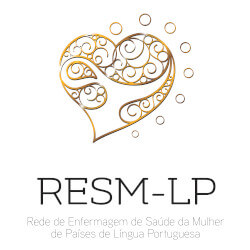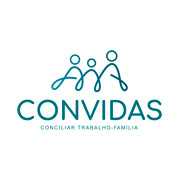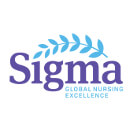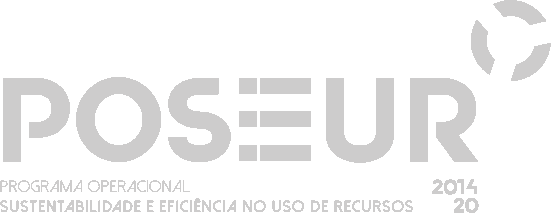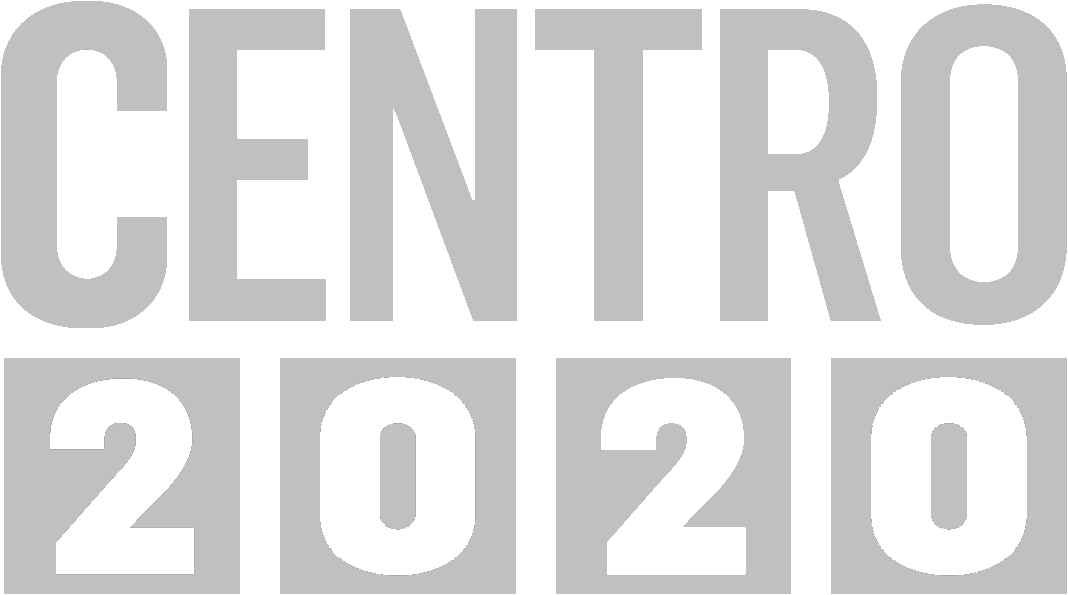Medical-Surgical Nursing Domains
Medical-Surgical Nursing is an area of nursing knowledge aimed at care delivery to critically ill, chronic, palliative, and perioperative patients and their family/caregivers, who experience processes of health-disease transition and require nursing interventions in health promotion, disease prevention and early detection, stabilization, maintenance and recovery (when possible), and in disease situations that lack advanced means of surveillance, monitoring, and therapeutics, thus preventing complications and adverse events.
SPU schematic domains
According to its mission, the Scientific-Pedagogical Unit (SPU) contributes to 1st- and 2nd-cycle nursing educational programs and postgraduate programs not leading to a degree. It allows students to deliver care to critically ill, chronic, palliative, and perioperative patients and their family/caregivers, assuming the ethical-deontological commitment to improve and develop nursing care delivery in areas such as management, consulting, training, research and provision of community services.
Regarding research, the Unit focuses on developing studies that contribute to improving and developing care delivery to the critically ill, chronic, palliative, and perioperative patients, integrating safety and risk management and developing training and care technologies.
Medical-Surgical Nursing Care Primary Foci
The critically ill patient “is a person whose life is threatened by the failure or imminent failure of one or more vital functions and whose survival depends on advanced means of surveillance, monitoring and therapy” (Regulamento n.º 429 de 16 de Julho de 2018, p.19362). Care delivery to the critically ill patient and his/her family/caregiver may result from an emergency, exception, or disaster.
The palliative patient is a person “suffering due to incurable or serious disease, in advanced, progressive and terminal stage” (Regulamento n.º 429 de 16 de julho de 2018, p.19364). Nursing care has as main objective to promote the well-being and quality of life of the palliative patient and his/her caregivers/family through the prevention and relief of physical, psychological, social, and spiritual suffering.
The perioperative patient is a person who undergoes surgery/anesthesia. Nursing care “is directed to the health projects of the person and family/significant person experiencing health/disease processes requiring surgical and anesthetic procedures, in a perioperative context; health promotion; prevention of adverse events; and disease treatment” (Regulamento n.º 429 de 16 de julho de 2018, p.19366). The perioperative patient is at the center of Medical-Surgical Nursing Care during the preoperative, intraoperative, and postoperative phases.
The chronically-ill patient experiences a state of persistent illness (more than three months) that often leads to residual disabilities that demand adapting at several levels (physical, mental, social, psychological, emotional, and spiritual). Nursing care delivery to the chronically-ill patient occurs in a “hospital, home, and community environment, and aims at preventing disease, promoting lifestyles, promoting adaptation and adherence processes to the therapeutic regimen, and training the patient and family/caregiver for the experience of chronic disease and redefinition of a health project” (Regulamento n.º 429 de 16 de julho de 2018, p.19368).
Healthcare safety and risk management is a primary focus for Medical-Surgical Nursing Care centered on quaternary prevention, that is, on minimizing the clinical and non-clinical risk associated with care delivery in the various contexts of nursing practice.
Developing training and care technologies is another focus of Medical-Surgical Nursing care that concerns the development of innovative proposals aimed at designing instruments to support training, research, management, and care delivery in Medical-Surgical Nursing.





